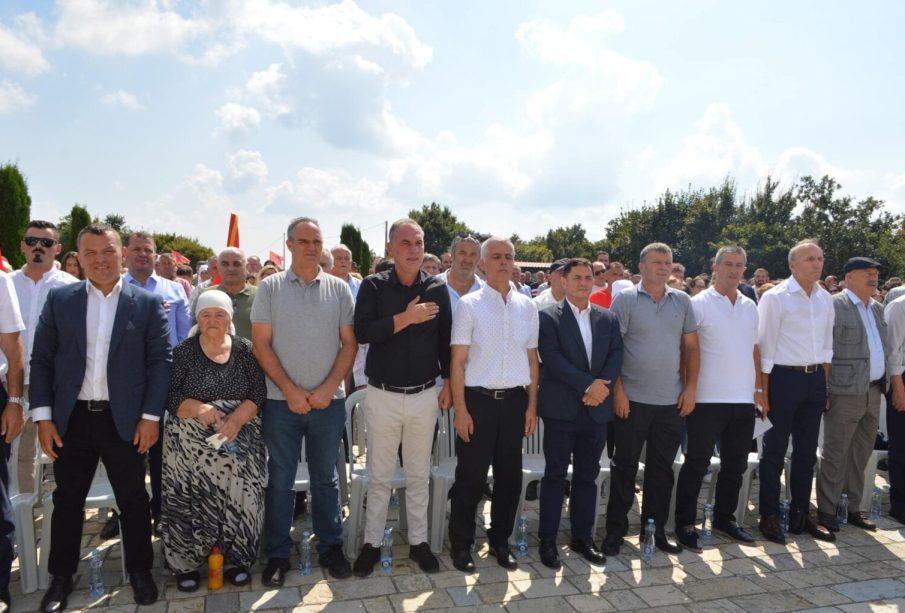Understanding the Current Situation in Kosovo

Introduction: The Importance of Kosovo
Kosovo, a landlocked territory in the Balkans, has been the focus of international attention due to its ongoing political tensions and complex ethnic composition. Its declaration of independence from Serbia in 2008 has sparked years of disputes and has significant implications for regional stability and international relations, especially with the backdrop of global geopolitical changes.
Recent Developments
In recent weeks, Kosovo has experienced a surge in tensions between its ethnic Albanian majority and the Serbian minority. A crucial flashpoint occurred in early October 2023 when a police operation in Northern Kosovo aimed to enforce law and order in municipalities with a significant Serbian population. This action was met with uproar from Serbian officials and protests from local Serbian communities, raising concerns over escalated violence.
The international community, particularly the NATO-led KFOR (Kosovo Force), has increased its presence in the region to prevent any potential flare-ups. Diplomatic efforts are also underway as Western nations, including the United States and European Union, have urged both Belgrade and Pristina to engage in dialogue to promote peace and coexistence.
International Reactions
Responses have varied significantly across the globe. The United States has reiterated its support for Kosovo’s sovereignty, insisting that any dialogue with Serbia should acknowledge Kosovo as an independent state. Conversely, Russia has voiced solidarity with Serbia, complicating the situation further, as Moscow is known to back Belgrade in its claim over Kosovo.
In addition, several countries have recently emphasised the importance of ethnic diversity and the need for fostering a tolerant environment in Kosovo. Initiatives aimed at reconciliation between ethnic communities are gaining traction, bolstered by non-governmental organisations working on the ground to bridge divides.
Conclusion: The Road Ahead
The situation in Kosovo remains precarious, with ongoing tensions illustrating the complex interplay of ethnic, national, and international interests at play. As Kosovo navigates its path towards stability, the international community must remain engaged, emphasising dialogue over discord. Moving forward, fostering open communication between communities and their leaders could be key to finding a peaceful resolution and ensuring the long-term stability of the region. For readers, understanding the nuances of Kosovo’s situation is crucial not only for regional geopolitics but also for comprehending the broader implications for peace and security in Europe.









